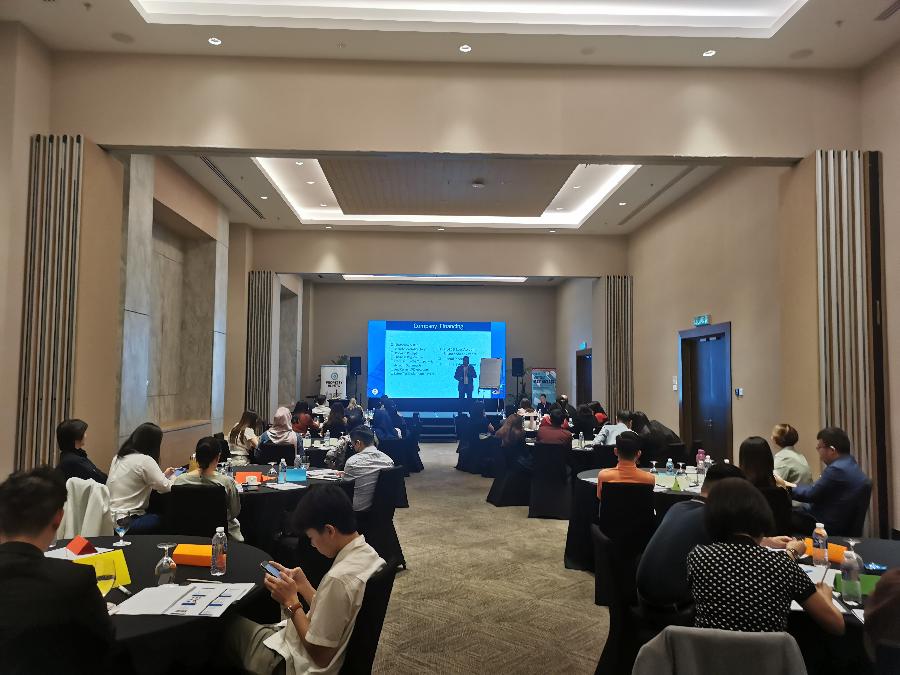When compared to many previous events that required attendees to travel to the event site, often globally for big conferences and trade exhibitions, virtual events like the first Sabah Virtual Property Expo can help to minimize carbon emissions by 99 percent.
While event sustainability, unlike profitability, is not on everyone's mind in Sabah, the UN's Intergovernmental Panel on Climate Change (IPCC) has declared that the human-caused climate catastrophe is increasing extreme weather around the planet, with the world currently 1.1 degrees Celsius warmer than pre-industrial levels and on track to the critical threshold of 1.5 degrees.
A heatwave is currently striking Sabah and is predicted to last until September, affecting cities with concrete structures that are hotspots. Malaysia's urbanization rate is 76.61 percent, and this urban sprawl is creating more heat hotspots. According to some expo organizers, the carbon dioxide equivalent (CO2-eq) for a single three-day mid-size trade fair is approximately 6,000 tonnes, equivalent to millions of tonnes per year globally.
A three-day meeting with 800 attendees had a carbon footprint of 455 tonnes CO2 equivalents (CO2-eq), equivalent to an average of 0.57 tonnes CO2-eq per participant, according to the expo organizers. Travel activities contributed the most emissions, amounting to 378 tonnes CO2-eq, or 0.47 tonnes CO2-eq per attendance. Following that is hotel overnight stays (totaling 39 tonnes CO2-eq) and catering (20 tonnes CO2-eq, 0.25 tonnes CO2-eq per individual).
The First Virtual Property Expo was a Success
According to the most recent global data, the property sector produced 980,000 tonnes of carbon dioxide in 2019, which was the fifth-lowest of all sectors and far less than the 88,395,000 tonnes produced by the electricity, gas, steam, and air conditioning supply unit sector, which was the worst offender of all.
The electricity, gas, steam, and air-conditioning supply unit industry, on the other hand, has witnessed the greatest drop in greenhouse gas emissions in the recent decade, with a reduction of -47.4 percent. In addition, 12 other industries have reduced their environmental impact during this time period.
Unfortunately, seven industries have witnessed an increase, one of which is the property sector. The property industry's greenhouse gas emissions have climbed by 10.8% in the last 10 years, while the accommodation and food services sector has expanded by 11%, the construction sector has increased by 12.6%, and the activities of households as the employers’ sector (14.7 %).
Using a virtual platform could also be advantageous when it comes to the various property conferences and meetings that are held each year. According to research, conducting only one 1,000-person conference in a digital capacity can reduce carbon emissions by over 95%, which is enough to power 17 homes for a year.
Event organizers must find strategies to reduce the volume of waste and overall carbon footprint generated during their events if they wish to remain relevant in a sustainable society. Travel, energy, and food and beverage are the three main areas to focus on. Such costs can be reduced by using virtual events.
.jpeg)




.png)





.jpeg)

